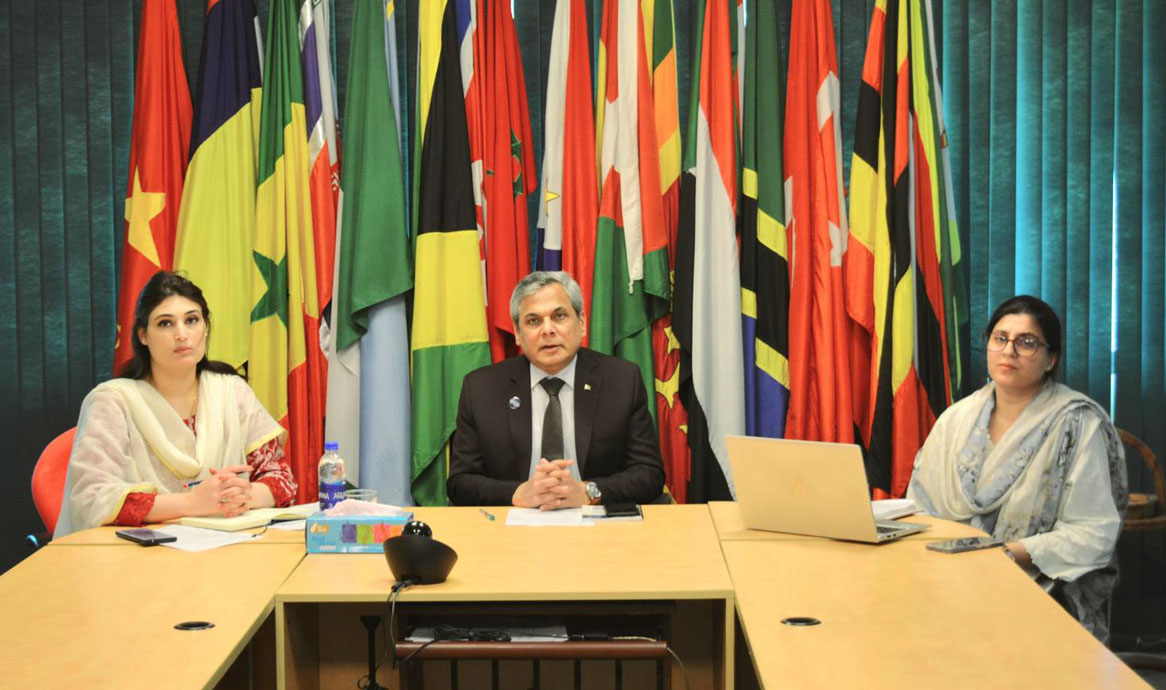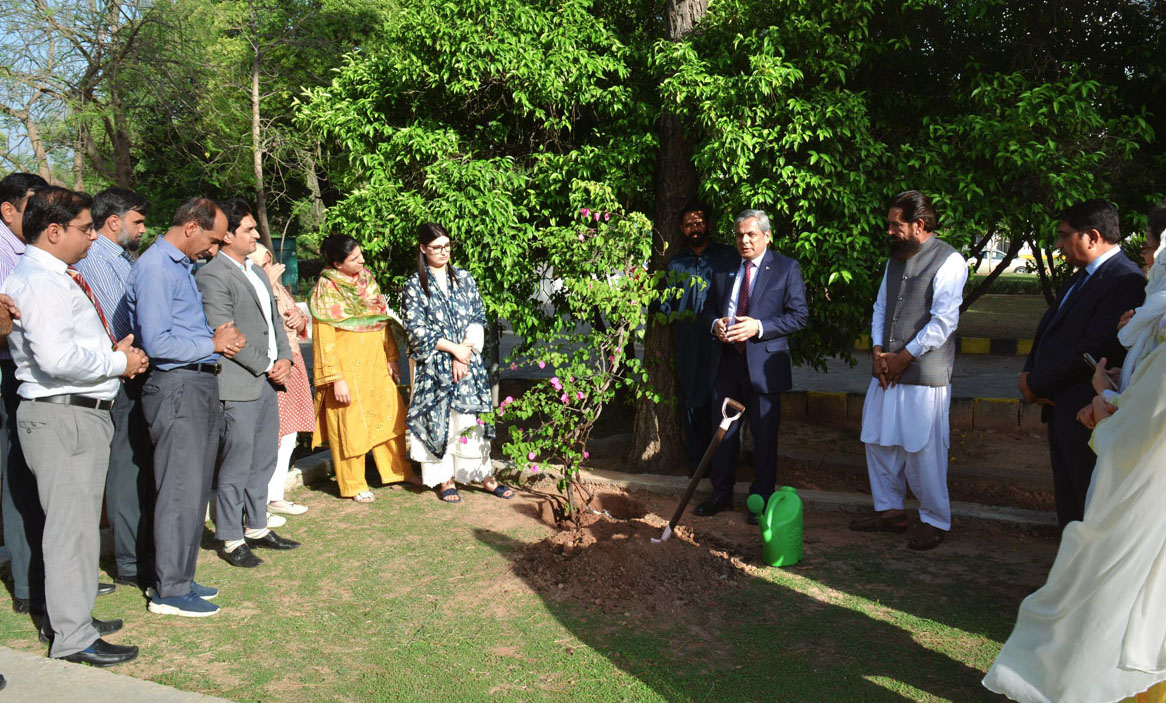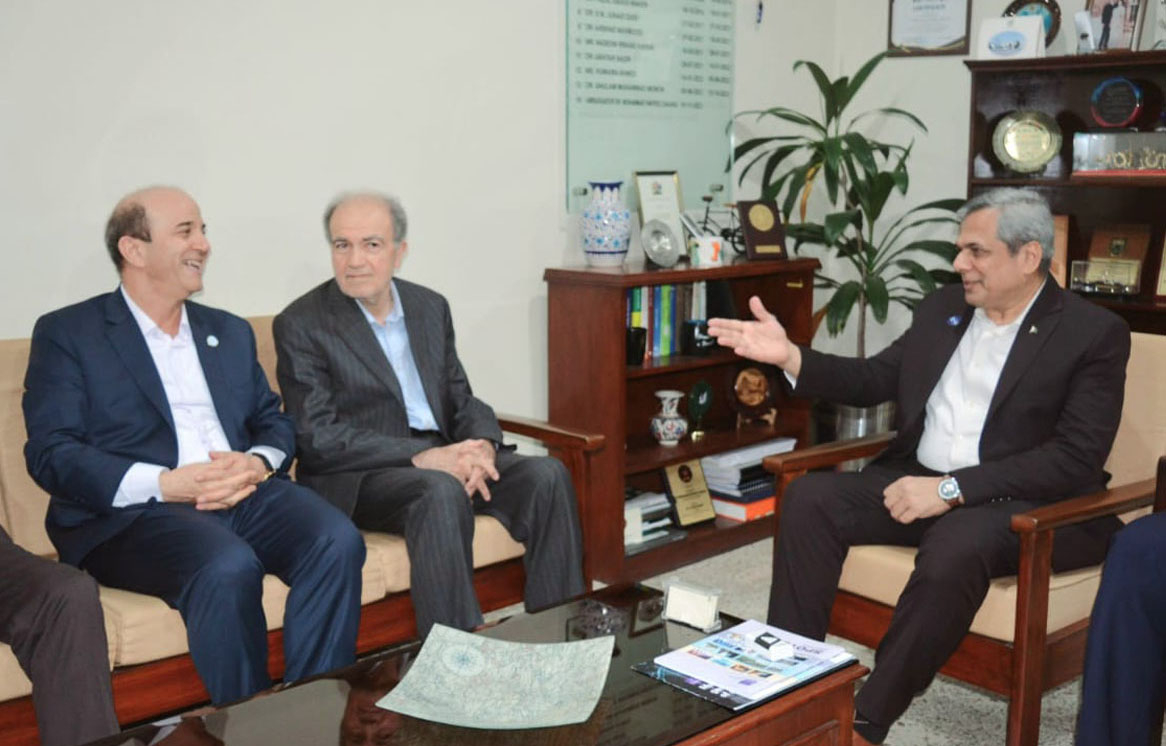In celebration of World Health Day 2025, themed “Healthy Beginnings, Hopeful Futures,” COMSATS Headquarters joined hands with ICESCO to organize an international panel discussion titled “Leveraging Technology for Better Outcomes in Maternal & Child Health”. on 29th April 2025. The event underscored COMSATS’ ongoing commitment to harnessing technology for equitable and improved healthcare, particularly for women and children in low-resource settings.
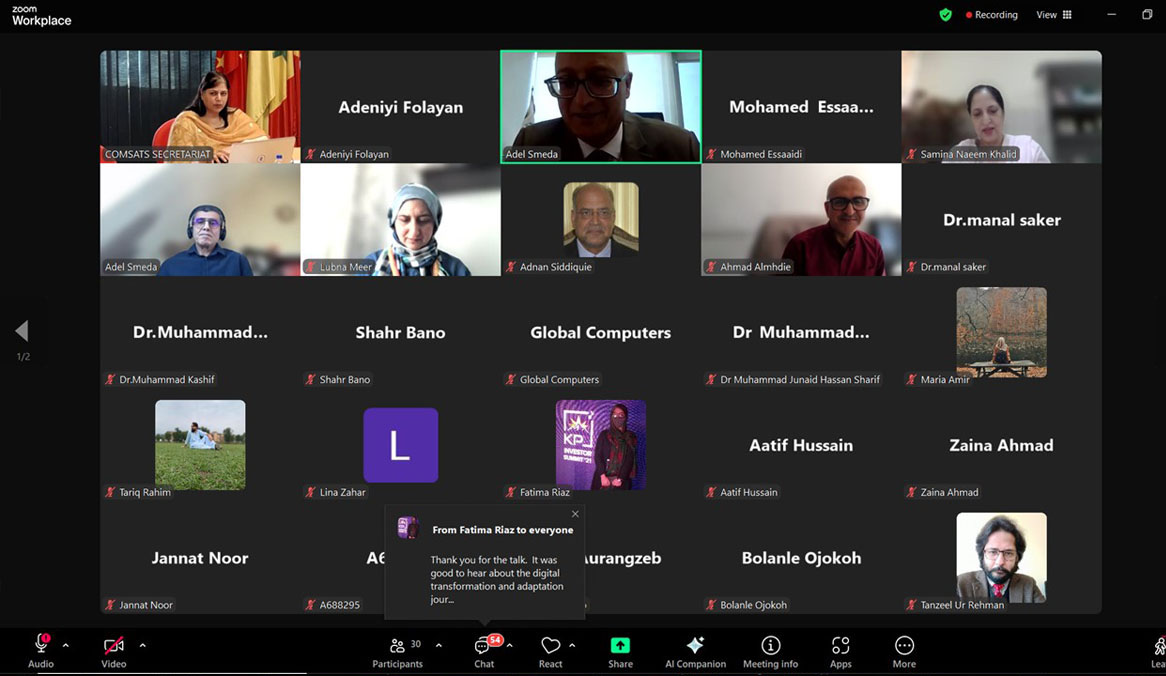
Bringing together leading experts, researchers, and digital health professionals from across the globe, the event provided a platform to explore cutting-edge innovations and collaborative approaches aimed at tackling maternal and child health disparities in developing countries.
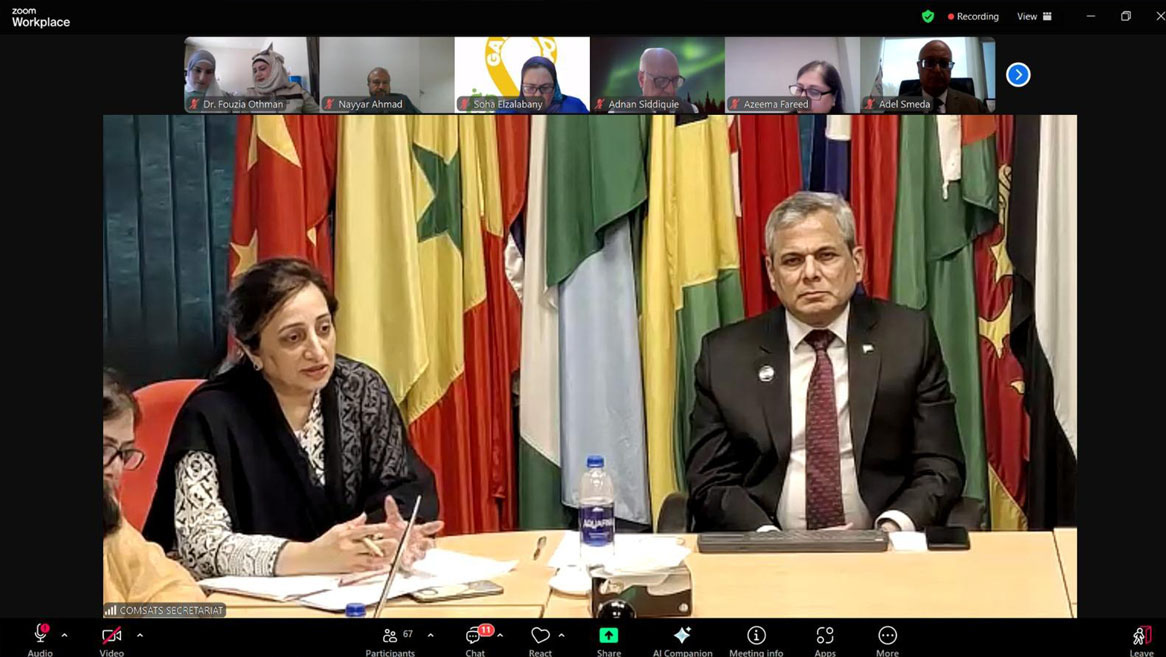
Ambassador Dr. Mohammad Nafees Zakaria, Executive Director COMSATS, opened the session by emphasizing the transformative role of technology in narrowing health equity gaps. He reaffirmed COMSATS’ dedication to fostering innovation and promoting scalable tech-driven solutions, such as artificial intelligence and mobile health applications, to improve maternal and child health outcomes.
Prof. Dr. Raheel Qamar, Head of Science and Technology Sector, ICESCO shared upcoming advancements in AI-powered predictive healthcare tools, including a genetic-data-based Alzheimer’s prediction tool being launched in Pakistan. He also discussed the evolving healthcare workforce landscape in light of AI integration.
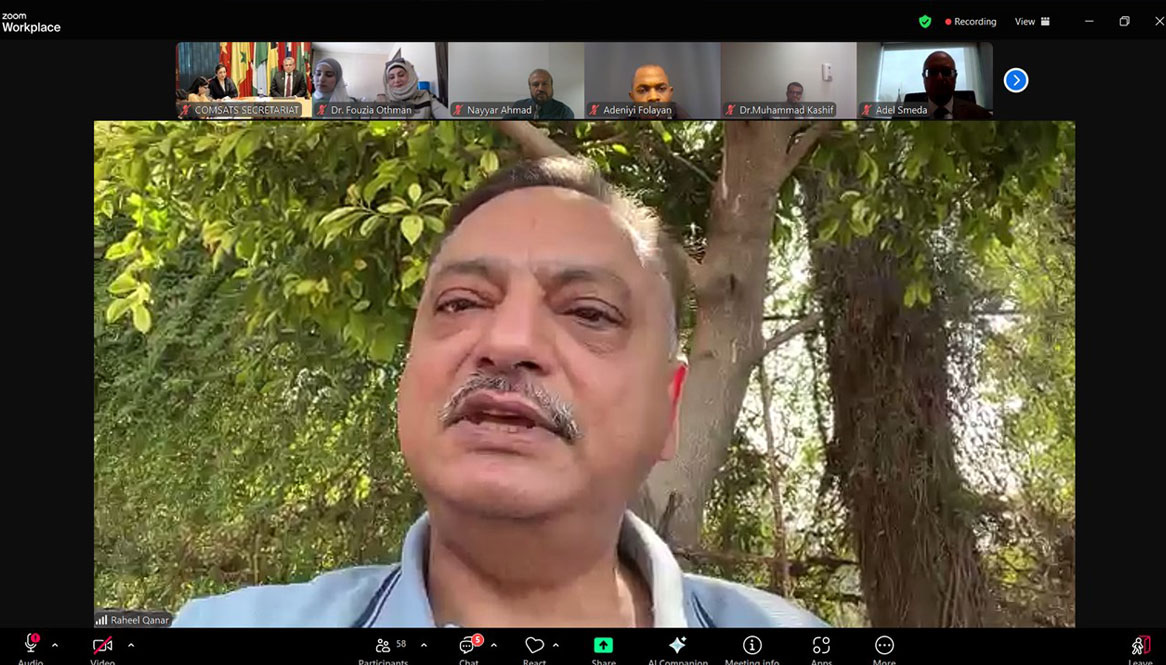
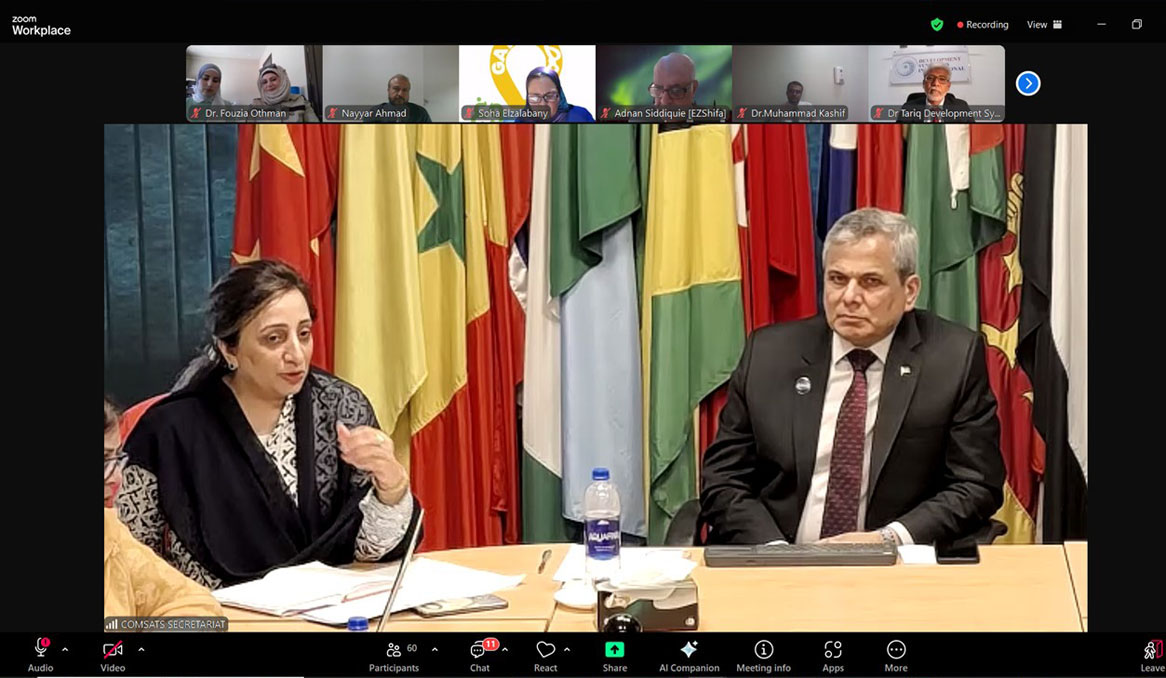
In her comments, Dr. Sofia,DG, population and DDG Health, at MoHNSRC, shared the challenges where adopting technology could help for example for managing the huge data through technology, reaching out to providing universal access. She acknowledged the efforts of COMSATS and current leadership at the Ministry in recognizing the technology as a tool for betterment of healthcare without compromising on the need for the physical checkups.
Delivering keynote address for the event, Zulfiqar Bhutta, Founding Director, Institute for Global Health and Development reflected on global progress in child mortality reduction through the Millennium Development Goals (MDGs), while pointing out the persistent inequalities fueled by geography, gender, and conflict. He advocated for the strategic use of digital tools, including telemedicine and geospatial data, to extend healthcare access to underserved populations.
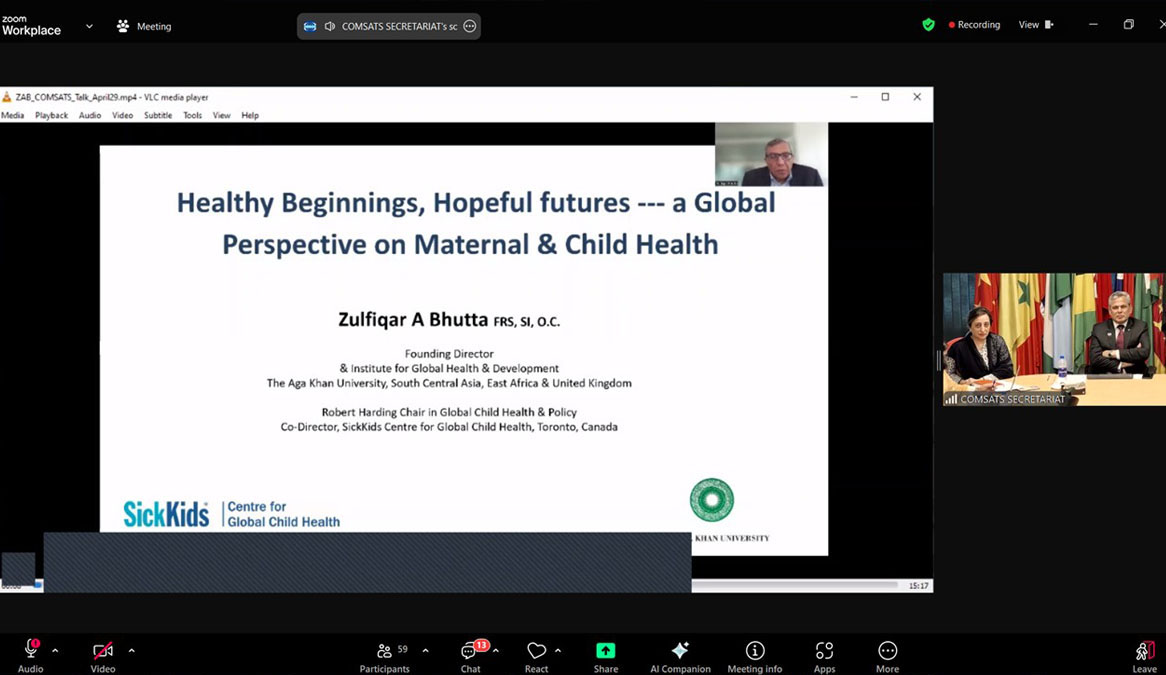
During the panel discussion, Prof. Mohamed Essaaidi elaborated on how AI can address systemic healthcare challenges, particularly in maternal and child health while Prof. Rachid Jennane, Professor of Engineering and Computer Science, University of Orléans (France)showcased AI applications for early diagnosis of knee osteoarthritis among women of reproductive age, utilizing deep learning for earlier intervention. Other penalists like Dr. Adeniyi Folayan, a Global Health Research Fellow at Toufik’s World Medical Association drew attention to the critical role of mobile health (mHealth) in addressing maternal mortality, emphasizing the dire global need—given that one woman dies from childbirth-related complications every minute. Programme Manager, (Consultant), Pangaea, from Zimbabwe, Mr Enock Musungwini, introduced the Boost Health App, developed by his organization, which delivers health education to the public, with a focus on those affected by HIV.
From Pakistan, Dr. Samina Naeem called for a National Digital Maternal, Newborn, and Child Health (MNCH) Strategy, data privacy laws, and telemedicine regulations. She emphasized investing in local research, training healthcare workers in digital tools, and fostering public-private partnerships. Dr. Muhammad Tariq shared outcomes of localizing digital health and AI for maternal and child health in Pakistan, emphasizing the importance of tailored solutions for local contexts.
The event reaffirmed COMSATS’ position at the forefront of digital health innovation and collaboration, setting the stage for future partnerships to improve healthcare access and outcomes for mothers and children worldwide.


